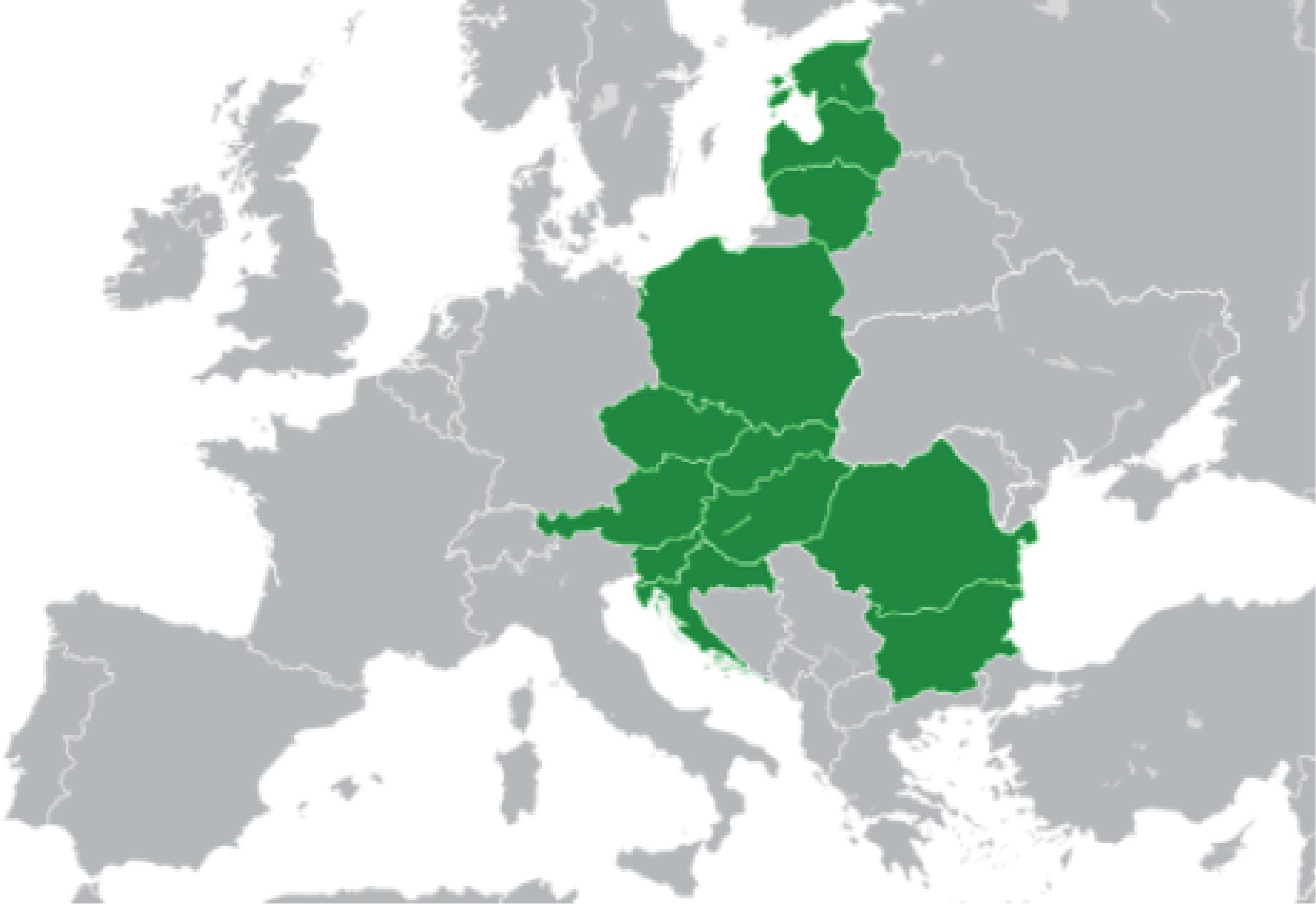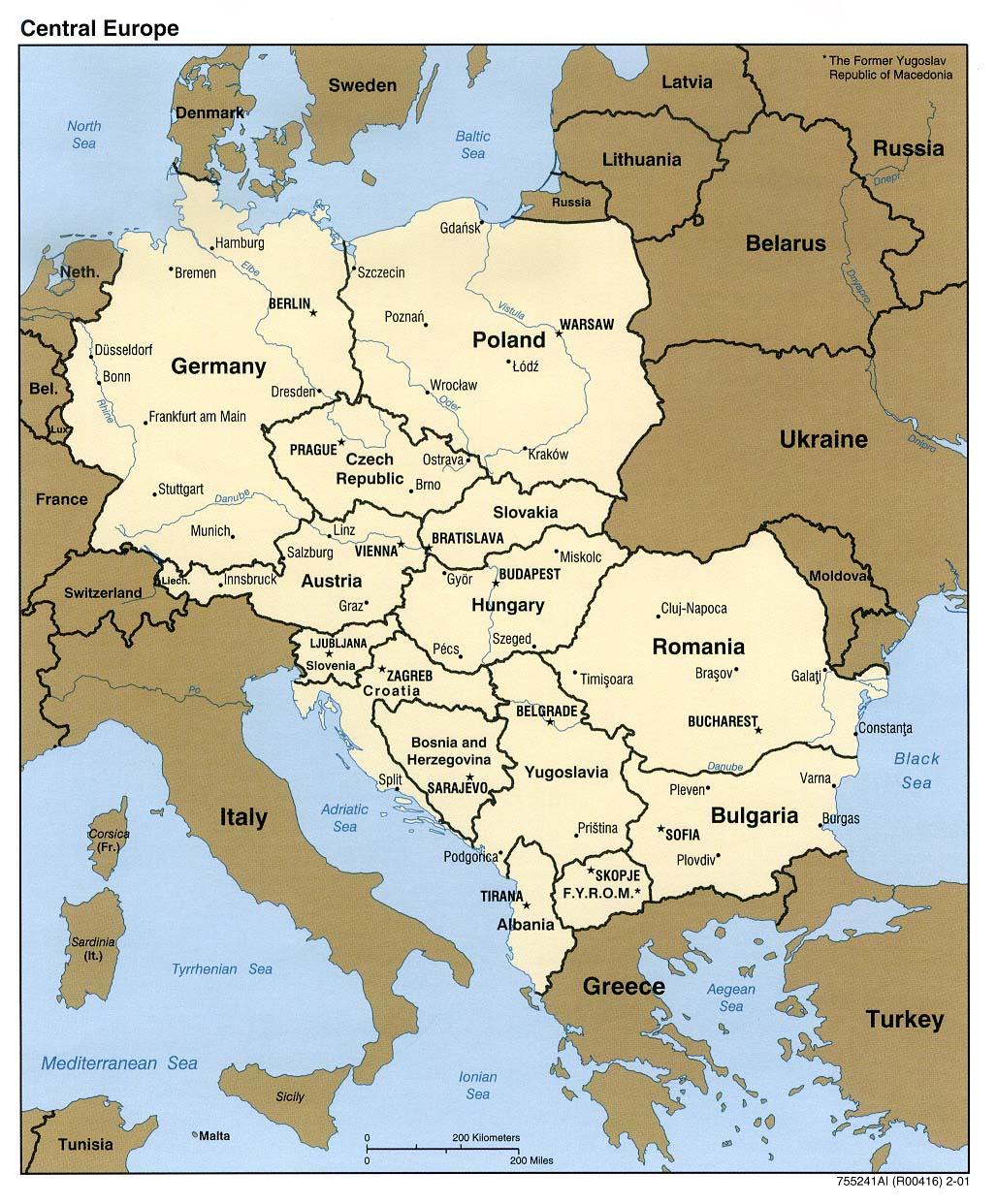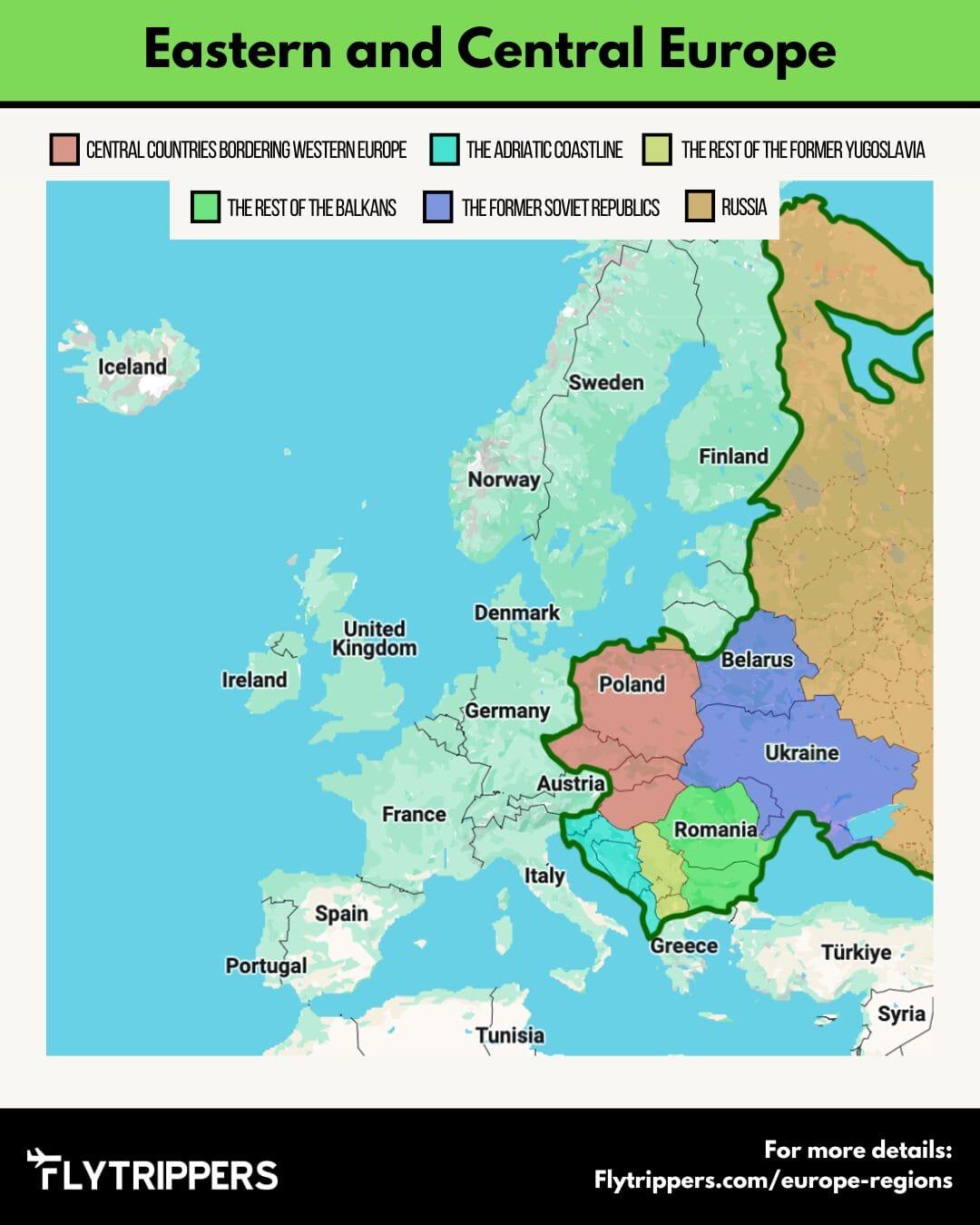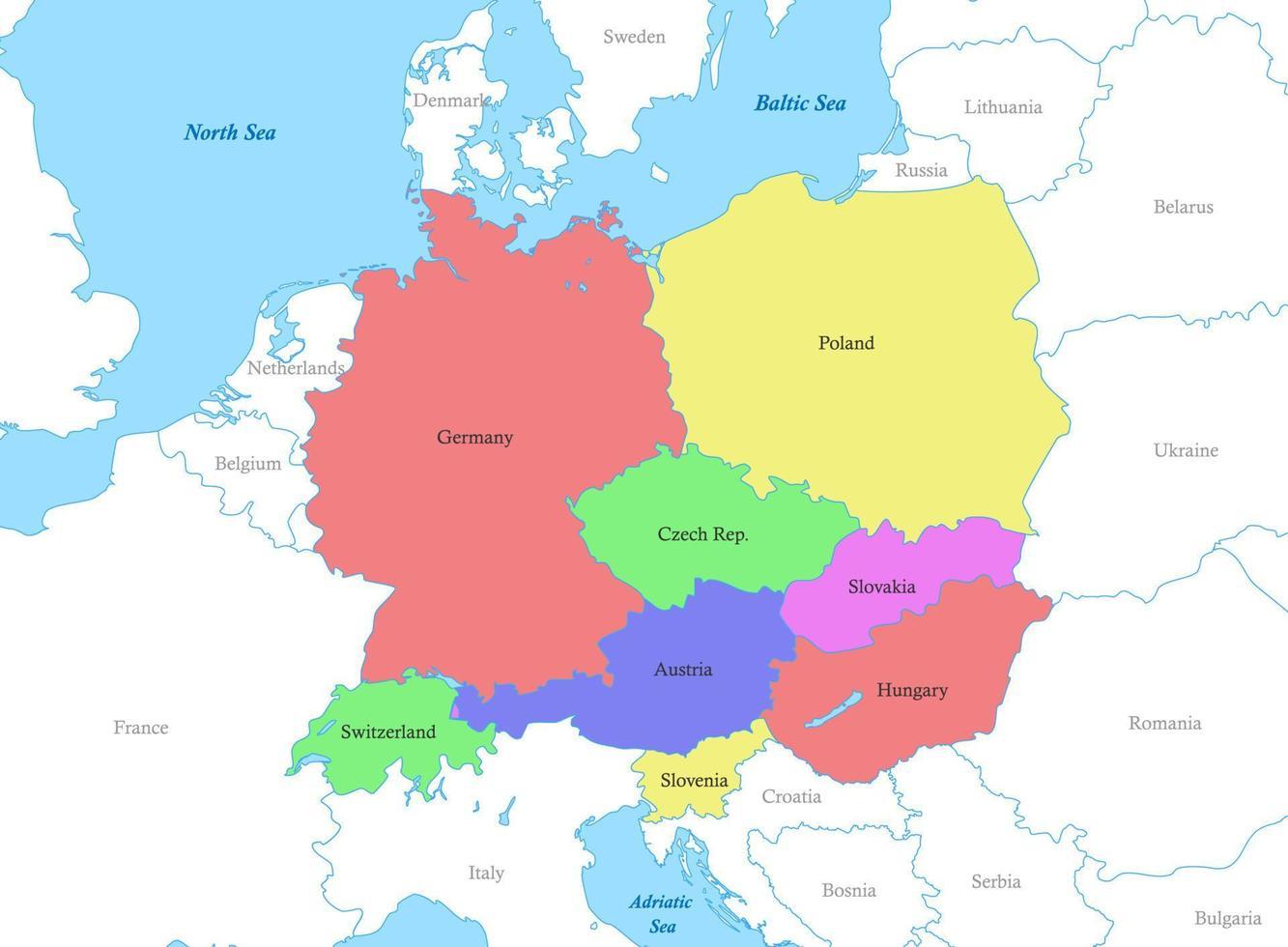Impact on livestock and Local economies Amid Foot-and-Mouth Disease Crisis
The recent outbreak of foot-and-mouth disease (FMD) in Central Europe has cast a shadow over the region’s livestock industry,leading to severe repercussions that extend beyond animal health. As governments respond to the crisis with animal culls and border closures, local farmers are bearing the brunt of notable losses. With livestock being a cornerstone of many rural economies, the immediate impacts are dire:
- Reduction in Herd Sizes: The culling of infected or at-risk animals not only diminishes livestock numbers but also disrupts breeding cycles.
- Loss of Income: Farmers are losing potential revenue from the sale of meat and dairy products, essential for their livelihoods.
- Market Instability: With supply chains disrupted, prices for remaining livestock may fluctuate unpredictably.
- Long-term Financial Strain: Insufficient compensation for lost animals can lead to debt and long-term economic instability for affected farms.
Beyond individual farms, the broader economic ramifications are becoming evident as local economies heavily reliant on agriculture face unprecedented challenges. As livestock markets struggle,related industries also feel the impact:
- Feed Supply Disruption: A lower demand for feed and veterinary services can affect local suppliers,compounding the crisis.
- Loss of Jobs: Economic downturns in farming can lead to layoffs in agricultural support industries.
- Decrease in Rural Investments: Potential investors may shy away from regions struggling with disease outbreaks, stalling economic progress.

Government Responses: Animal Culls and Border Closures Explained
The recent outbreak of foot-and-mouth disease (FMD) in Central Europe has prompted a series of urgent government responses aimed at controlling the spread of the virus and protecting livestock. With the potential for significant economic repercussions and threats to food security, authorities across affected regions are implementing measures including:
- coordinated animal Culls: Infected and at-risk livestock are being culled to contain the disease, a strategy recognized for its effectiveness in previous outbreaks. This decision, while controversial, is deemed necessary to prevent a larger crisis.
- Border Closures: Certain borders within the European Union are being temporarily closed to limit the movement of perhaps infected animals and materials. These measures are enforced rigorously to minimize cross-border transmissions.
- Vaccination Drives: As a long-term solution, governments are also ramping up vaccination programs in unaffected areas as a proactive approach to safeguard livestock health.
Additionally,governments are collaborating with veterinary services and local farmers to monitor herds closely and maintain obvious interaction regarding the outbreak. Public health officials are stressing the importance of reporting any suspicious symptoms in livestock,urging farmers to remain vigilant. These swift actions are indicative of a proactive stance, as authorities aim to balance agricultural stability with public health considerations in the face of this urgent crisis.

Public Health Concerns and Biosecurity Measures in Central Europe
As the outbreak of foot-and-mouth disease spreads across Central Europe, public health officials are faced with increasing pressure to implement strict biosecurity measures. Livestock vulnerable to the disease have already been culled in several regions, with the aim of curbing the rapid transmission of the virus. These actions are not merely reactive but indicative of a larger strategy aimed at safeguarding both local economies and public health. As farmers grapple with the emotional and financial toll of such measures, the following steps have been prioritized:
- Enhanced Surveillance: increased monitoring of livestock health and movement to promptly identify and isolate infections.
- border Closures: Temporary restrictions on the movement of animals across borders to prevent the spread of the disease from affected regions.
- Public Awareness Campaigns: Initiatives to educate farmers and the public on the signs of foot-and-mouth disease and preventive practices.
While these efforts are crucial for immediate containment, they also highlight broader concerns regarding agricultural practices and food security in the region. The thorough approach incorporates veterinary interventions and regulatory measures, ensuring that both animal welfare and economic stability are considered. Therefore, it’s essential for stakeholders to collaborate effectively and align their efforts, as the ramifications of this outbreak extend beyond the immediate health crisis, affecting trade relationships and food supply chains across Europe.

Strategies for Farmers: Mitigating Risks and Ensuring Livestock Safety
As the recent outbreak of foot-and-mouth disease (FMD) in Central Europe sends shockwaves through the agricultural sector, farmers must adapt swiftly to protect their livestock and livelihoods. Implementing comprehensive biosecurity measures is critical. This includes:
- Restricting Access: Limit visitor entry to farms and ensure all vehicles are sanitized before entering premises.
- regular Health Monitoring: Conduct frequent health checks on livestock to quickly identify any signs of infection.
- Vaccination Protocols: Stay informed about vaccination programs to enhance herd immunity and consult veterinarians about the best practices.
- Communication Networks: Establish strong communication with local agricultural authorities to receive timely updates on disease management protocols.
In addition to these preventive measures, farmers should consider diversifying their operations as a buffer against potential losses. Exploring alternative revenue streams such as agritourism or value-added products can create financial resilience. Moreover, joining cooperative initiatives can provide shared resources for disease management, thereby spreading the risk amongst multiple stakeholders. Priority should also be given to securing adequate insurance coverage to mitigate potential financial fallout from culls or lost sales. By investing in a holistic risk management strategy, farmers can not only safeguard their immediate assets but also fortify their operations against future outbreaks.
